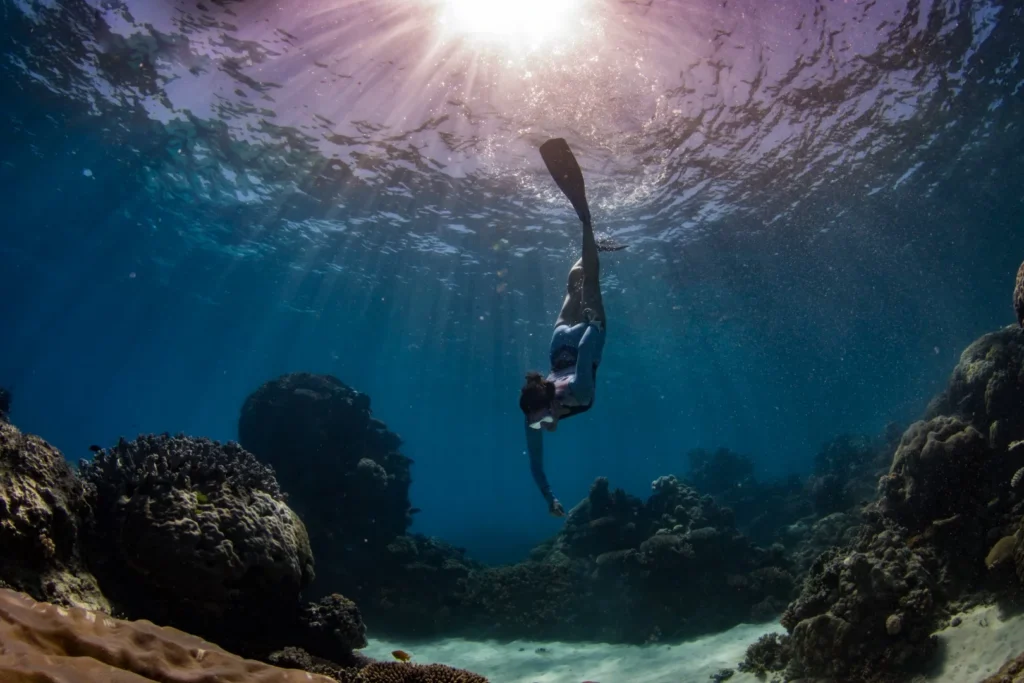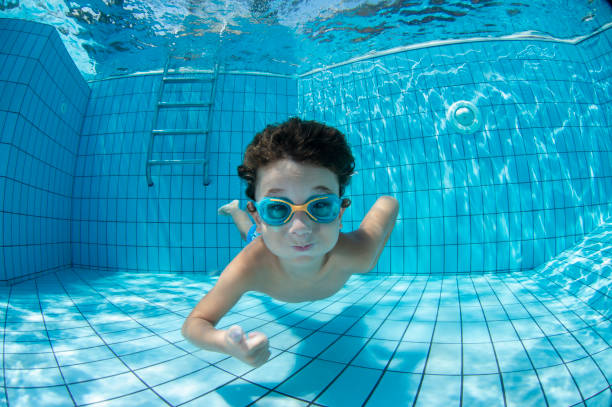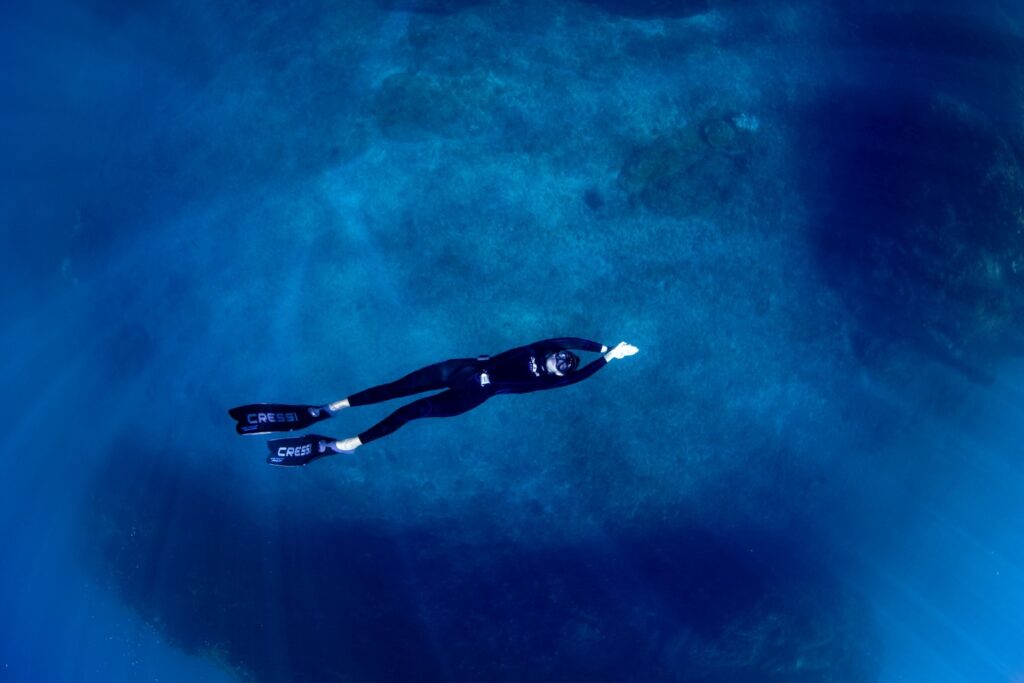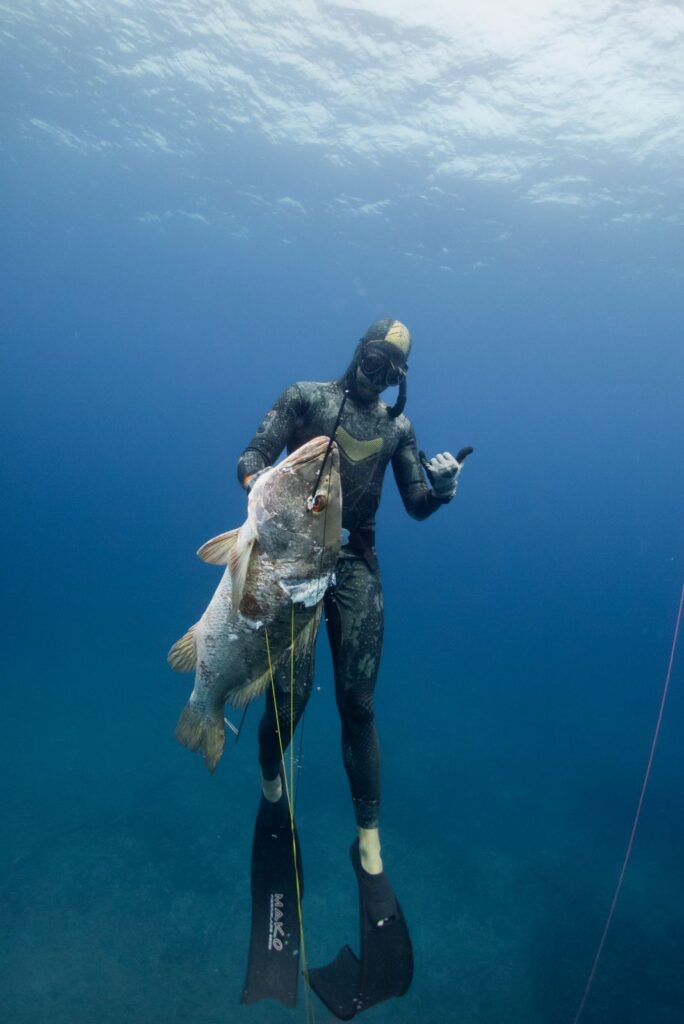It can be challenging to comprehend how humans have been freediving for thousands of years. After all, individuals back then didn’t have access to the advanced equipment and training that modern divers take for granted.
Naturally, there must be several factors at play for someone to go to such tremendous efforts to test their limits while freediving in the ocean.
Freediving is a terrific opportunity for tourists to try something new, intriguing, and memorable. Others may be looking to take their snorkeling abilities to the next level (or two). Even athletes enjoy diving because it enhances their overall fitness.
One thing is for sure, though: freediving provides numerous health benefits. Let’s look at some of the most significant life-changing benefits of immersing yourself in the freediving experience.
7 Ways Freediving Will Change Your Life
Freediving, as we all know, is more than just a sport; it is a way of life that is not confined to competitive freedivers. Here are 7 ways that freediving will change your life.
#1) Helps in the Management of Stress and Anxiety
In many aspects, freediving is similar to and interacts with yogic practice. Mental fortitude, as well as awareness and control of your body’s actions, are required to become a competent freediver. How does one go about it?
Among the first things, you learn about freediving training are various relaxing and breathing techniques. When you relax, your heart rate and oxygen consumption decrease, allowing you to dive for longer periods while also making the dive safer and more enjoyable.
However, the benefits of what you learn when freediving extend far beyond the sea. When compared to non-athletes, free divers showed lower levels of tension, anxiety, and negative affectivity, according to a comparative study on the psychological features of free divers.
The same research found that freediving boosts self-confidence, coping skills, and belief in one’s internal locus of control. This essentially means that sports participants gain confidence in their talents, learn to deal with difficult situations more efficiently, and believe they have more control over the events in their own lives.
#2) Helps to Improve Concentration and Focus
Freediving demands a laser-sharp focus, almost like a sort of meditation. When diving, you must set away all daily distractions and unimportant thoughts. Underwater, the absence of sound and other sensory distractions creates a unique atmosphere for letting go of all other anxieties.
Freediving teaches you to handle your fear, which leads to mental clarity and insight that you would not have had otherwise. However, even practicing on dry land might help you improve your focus. Freediving offers a type of mental focus that you may apply to other elements of your life.
#3) Helps Strengthen Your Lungs
The average individual rarely needs to take a deep breath in. When they do, the amount of effort they put in is typically evident. Freedivers, on the other hand, must take full breaths as part of their freediving regimen.
One of the breathing tactics you practice when you first start the sport is diaphragmatic breathing. This is also known as “belly” breathing because it is a much more effective means of oxygenating the body.
Learning to inhale deeply can be difficult at first since we are not accustomed to using our entire lung capacity. However, the more you train, the more comfortable it becomes.
Breathing exercises help to increase lung volume and flexibility while also improving core muscular stability. Furthermore, as your body becomes more accustomed to operating within oxygen constraints, it learns to use oxygen more efficiently.
#4) Increases Your Fitness and Flexibility
Whole-body stretching is another skill taught in every freediving training. Your body’s suppleness and openness will aid in your ability to move through the water, equalize, and avoid cramping.
Additionally, your teacher could offer guidance for your physical training and suggest additional activities that might benefit you.
To increase their muscle strength and cardiovascular health, many freedivers practice yoga, apnea walking, or simply conduct gym training. Overall, when you begin freediving, fitness and flexibility usually follow, allowing you to live a longer and healthier life.
#5) Enhances Joint Health
One of the most significant health benefits of freediving is the improvement of joint health. Studies have shown that spending time in and under water lowers joint pressure.
Additionally, hydrostatic pressure can help athletes’ range of motion by compensating for the typical pressure their bodies experience during high-impact exercises.
The weightlessness of being submerged in water helps in the reduction of edema and inflammation. It also enables folks with arthritis or injuries to ease pain and exercise comfortably while underwater.
#6) Improves Your Nutritional Habits
What you eat counts in freediving, especially the night before or the morning of a training session. Large meal quantities before entering the water will make freediving extremely challenging.
Dairy food, for example, might enhance mucus production (affecting equalization). Caffeine, on the other hand, can cause your heart to accelerate and your body to absorb oxygen more quickly.
People who take freediving seriously typically focus on diet to improve their performance.
#7) Learning Basic Diving Skills
Before beginning scuba diving training, the potential diver will benefit immensely from the breath-hold diving experience. While studying freediving, students can learn about basic diving equipment.
Of course, the equipment for diving and freediving vary, but the foundations of using the essentials (mask, snorkel, and fins) remain the same.
Proper finning technique is also required for freedivers who seek to maximize underwater propulsion from every fin movement. A proper finning technique allows you to better maintain your body position in the water, preventing the fin from striking the bottom, reefs, or your companion’s face.
More importantly, learning to dive teaches you to value and protect marine life. Those who spend time in the sea and enjoy it are continually conserving wildlife by learning about it and trying to maintain and protect it.
Consider Freediving!
Go for it if you’re a scuba diver and you’re considering trying freediving! You will gain something for yourself!





